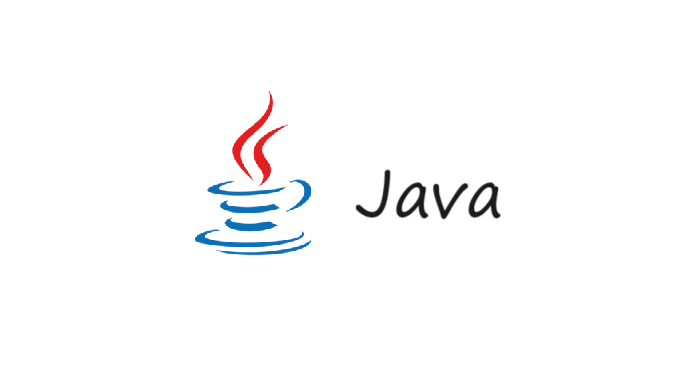Oracle Releases Java 24: Pioneering Performance and AI Innovation

Oracle has officially launched Java 24, the latest iteration of the world’s most widely used programming language, marking another leap forward in performance, developer productivity, and cloud-native capabilities. Building on its legacy of innovation, Java 24 introduces groundbreaking features designed to empower developers and enterprises in an era dominated by AI, quantum computing, and distributed systems. Let’s explore the highlights of this release.
Project Babylon: Revolutionizing Performance
At the core of Java 24 is Project Babylon, a multi-year initiative aimed at redefining runtime performance. This release introduces:
Adaptive Compilation: A smarter Just-In-Time (JIT) compiler that dynamically optimizes code based on real-time usage patterns, reducing latency by up to 40% in benchmarks.
Garbage Collection Upgrades: Enhanced Z Garbage Collector (ZGC) now handles terabyte-scale heaps with sub-millisecond pause times, ideal for big data and real-time applications.
Native Image Acceleration: Improved integration with GraalVM allows developers to compile Java applications into lean, fast-starting native binaries, perfect for serverless environments.
Project Leyden : Improve startup time
The primary goal of Project Leydon is to improve the startup time, time to peak performance, and footprint of Java programs. It can be achieved by monitoring the application during one run and storing the loaded and linked forms of all classes in a cache for use in subsequent runs.
JEP 483: Ahead-of-Time Class Loading & Linking
Vector API for AI/ML Workloads
To meet the demands of AI-driven applications, Java 24 finalizes its Vector API, enabling developers to harness SIMD (Single Instruction, Multiple Data) instructions for high-performance numerical computing. Key benefits include:
Hardware Acceleration: Directly leverage CPU/GPU vector instructions for tasks like matrix operations, speeding up machine learning inference by up to 10x.
Seamless Integration: The API works with popular ML frameworks like TensorFlow and PyTorch via Panama FFI (Foreign Function Interface).
Modern Syntax with Project Amber
Java continues to evolve its syntax for readability and conciseness. New features from Project Amber include:
Pattern Matching for Switch:
Extend pattern matching to switch blocks, simplifying data-driven code. We can use objects as part of switch statement.
switch (shape) {
case Circle c -> Math.PI * c.radius() * c.radius();
case Rectangle r -> r.w() * r.h();
case Triangle t -> 0.5 * t.base() * t.height();
default -> throw new IllegalArgumentException("Unknown shape");
};Record Patterns:
Deconstruct records in instanceof checks and assignments, reducing boilerplate.
String Templates (Preview):
Simplify string interpolation and validation with embedded expressions.
String user = "Jane";
int score = 95;
// Using STR template processor
String message = STR."Hello \{user}, your score is \{score}%!";
System.out.println(message);Quantum-Ready Toolchain
In a forward-looking move, Java 24 debuts tools for quantum computing preparation:
Quantum Simulation Libraries: New APIs simulate quantum algorithms on classical hardware, helping developers future-proof their skills.
Hybrid Runtime Model: Experimental support for integrating quantum processors with traditional JVM workloads.
JEP 496: Quantum-Resistant Module-Lattice-Based Key Encapsulation Mechanism
JEP 497: Quantum-Resistant Module-Lattice-Based Digital Signature Algorithm
Enhanced Security and Compliance
Memory-Safe Dialect (Preview): A new optional syntax enforces strict memory safety, mitigating buffer overflow risks.
Post-Quantum Cryptography: Early implementations of NIST-approved algorithms like CRYSTALS-Kyber prepare systems for quantum-era threats.
Supply Chain Security: Signed dependencies and vulnerability scanning are now baked into the JDK’s package manager.
JEP 498: Warn upon Use of Memory-Access Methods in sun.misc.Unsafe
JEP 486: Permanently Disable the Security Manager
JEP 472: Prepare to Restrict the Use of JNI
Java Concurrency
Add synchronized or Lock inside virtual threads will not block the underlying threads. In previous release, this was a major concern, using synchronized statement blocks the underlying pinned thread.
JEP 491: Synchronize Virtual Threads without Pinning
Why Java 24 Matters
"Java 24 isn’t just an update—it’s a response to the future" said George Smith, Oracle’s VP of Java Platform. Developers need a language that scales from embedded devices to quantum clusters while staying simple, secure, and fast. Java 24 delivers that.
With its blend of performance, cloud agility, and AI readiness, Java 24 solidifies the language’s role as the backbone of enterprise systems, IoT, and cutting-edge innovation.

